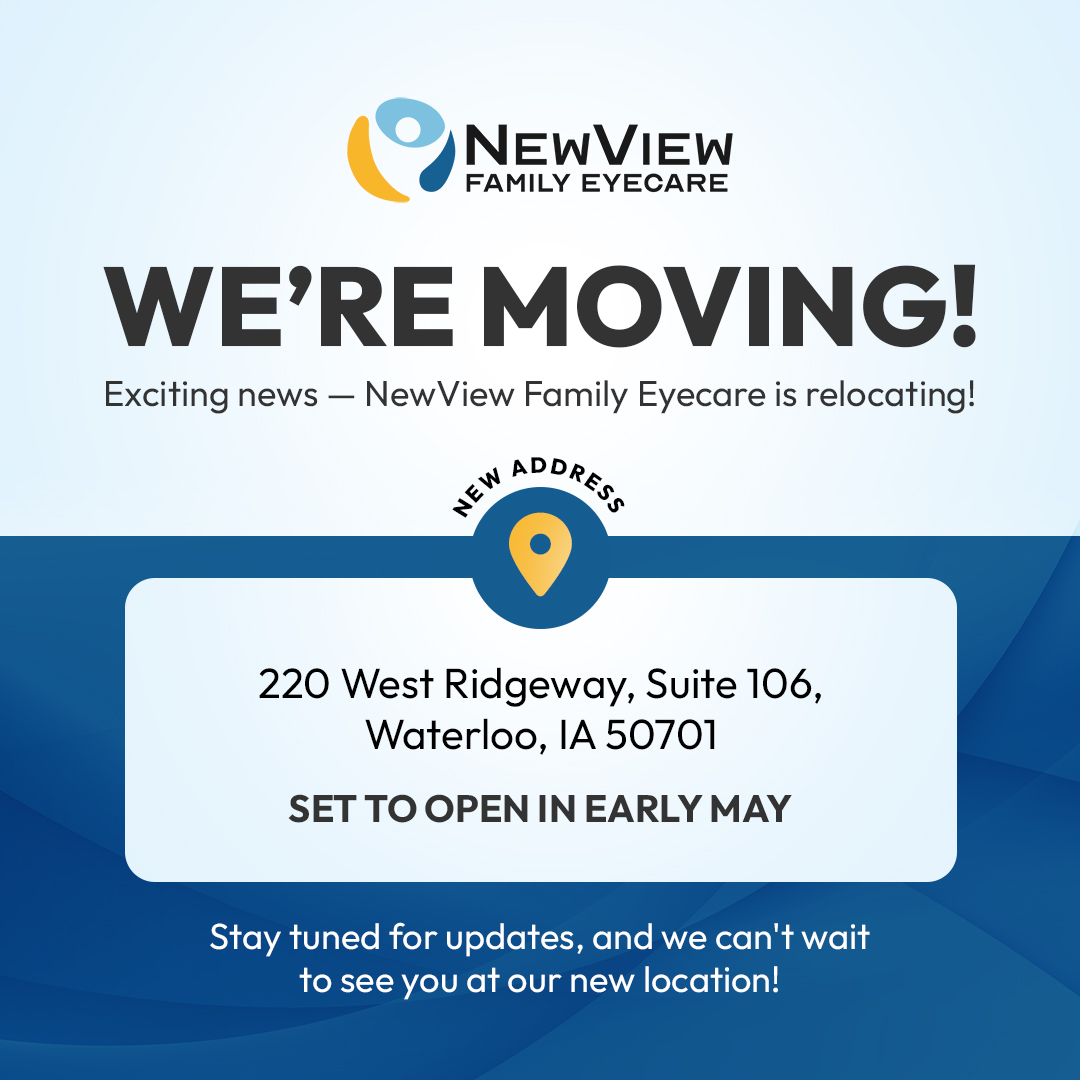
Contact lenses are an exciting breakthrough technology from the 1940s. They allow people to see clearly without the hustle of eyeglasses. They are ideal for people who are active in sports or even at their place of work.
However, everyday soft contact lenses may not adapt to some conditions. Instead, you may need specific lenses if you have these conditions. These kinds of contact lenses go by the name specialty contact lenses.
The conditions that require specialty contact lenses include the following:
Astigmatism
Astigmatism refers to a refractive error. It results from the shape of your cornea. When the cornea has more of a curve or irregular shape, it causes light to bend differently. Consequently, it does not hit the retina as it should.
The brain does not get the whole image. The condition produces an uneven focus that makes objects look wavy or blurry. Your eyes work hard to compensate until you experience eyestrain. There are several ways of treating and correcting this refractive error. Contact lenses are part of the options. The ideal specialty contact lenses for this condition are toric lenses. These create different focusing or refractive powers that help correct astigmatism.
Keratoconus
Keratoconus is a condition where the cornea bulges forward and forms a cone-like shape. The bulge is gradual, likely continuing to advance to the point where you must have a corneal transplant. There is no cure for keratoconus, but the doctor can slow its progress using contact lenses.
There are several options. These include rigid gas permeable membranes, scleral or semi-scleral lenses, and Intacs®. Discuss these options with your eye doctor. They will help you find a solution that meets your needs.
Dry Eyes
Dry eyes occur when you have low-quantity or low-quality tears. A low quantity of tears results from excessive tear drainage or low production. Low quality is due to subpar production of meibomian oil, which lubricates the eye. The oil also prevents the fast evaporation of tears.
Rigid gas-permeable lenses are ideal when dealing with dry eyes and you need relief. These allow the eye to breathe while maintaining a tear film. The tear film continues to hydrate the eyes, providing relief to your condition.
Some people may not do well with these contacts; if so, the doctor may prescribe hybrid lenses. These are soft lenses with a rigid gas-permeable center. They combine the crisp vision of rigid lenses with the comfort of soft lenses.
Presbyopia
Presbyopia is a refractive error that mainly appears in people over 40. As you age, it gets harder to see close objects. One eye may see near objects, while the other may see them at a distance. Due to this, your eye doctor may prescribe bifocal or multifocal specialty contact lenses to correct this error.
Myopia
Although myopia is a widespread refractive error, the doctor may recommend specialty contact lenses. Examples are ortho-k lenses. These can also be used for treating astigmatism and presbyopia. The lenses reshape your cornea as you sleep to ensure you enjoy clear vision during the day.
For more information on conditions that require specialty contact lenses, visit NewView Family Eyecare at our office in Waterloo, Iowa. Call (319) 236-2020 to book an appointment today.








